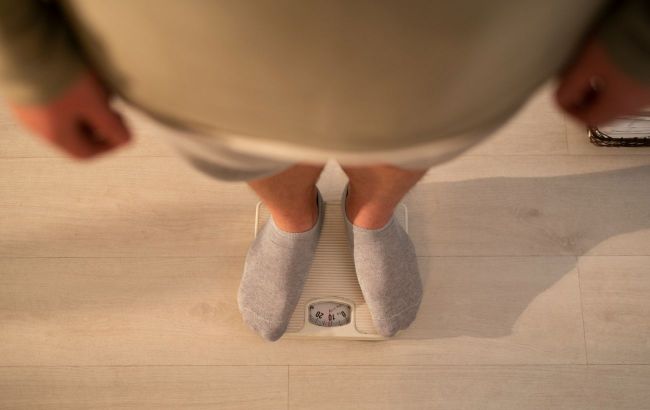Strong impact on life: Nutritionist explains how family contributes to weight gain
 Why people rapidly gain weight (photo: Freepik)
Why people rapidly gain weight (photo: Freepik)
Family and partners influence the degree of obesity more than anything else. It's important to know how family members can contribute to obesity and what you can do to avoid it, states nutritionist Oksana Shatrova.
What you should know
According to the expert, everything comes from childhood. The environment you live with has a great impact on your eating behavior and your relationship with food in general, your cooking style and food choices.
If you and your partner have similar views on food, support each other in cooking methods, and are active in sports together, it is easier and faster to achieve and maintain weight loss results without inhibitions.
This is something that affects a person every day, and therefore, it is much more significant than a piece of cake on the weekend or a glass of wine somewhere at dinner.
The ability to see the person you live with as a partner not only in the bedroom but also in the kitchen is a really cool way to your slim body and healthy mind.
Reasons why weight may increase
Insufficient sleep
Not getting enough sleep can lead to weight gain for several reasons. When you don't get enough sleep, your body produces more cortisol, a stress hormone that stimulates appetite and fat storage.
Lack of sleep can also disrupt the production of the hormones leptin and ghrelin, which regulate hunger and satiety. As a result, you may feel hungry more often and eat more, even if your body doesn't need the extra energy.
Stress
Stress can also lead to weight gain. When you feel stressed, your body releases cortisol, which stimulates appetite and fat storage in the abdomen.
In addition, during stress, people often reach for unhealthy foods that contain a lot of fat and sugar, "eating away" stress.
Lack of nutrients
Magnesium, iron, and vitamin D are essential for normal metabolism. Many people try to increase their energy levels with caffeine, sweets, and simple carbohydrates, catching up during the hours allotted for eating.
Weight increases with age
With age, metabolism slows down, which can lead to weight gain. In addition, as people age, they often lose muscle mass, which burns more calories than adipose tissue.
To maintain the same weight as before, you need to eat less with age. But the opposite happens - most adults gradually become less active, but continue to eat the same amount.
Earlier, we reported on the 5 best low-fat cheeses for weight loss.
We also wrote about why weight does not decrease with proper nutrition and exercise.
This material is for informational purposes only and should not be used for medical diagnosis or self-treatment. Our goal is to provide readers with accurate information about symptoms, causes, and methods of detecting diseases. RBС-Ukraine is not responsible for any diagnoses that readers may make based on materials from the resource. We do not recommend self-treatment and advise consulting a doctor in case of any health concerns.

